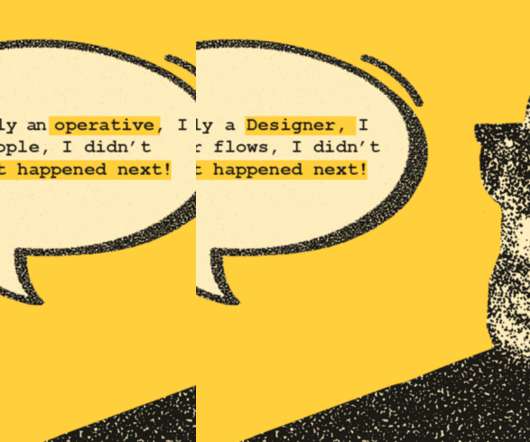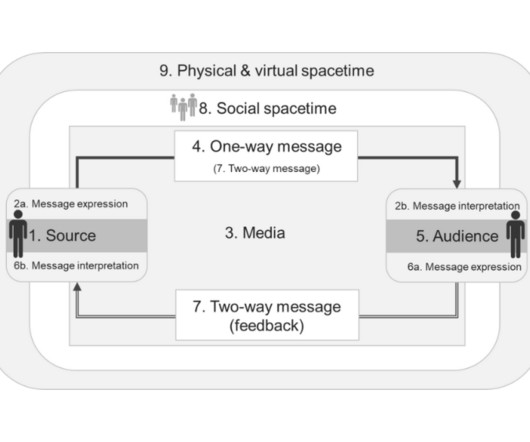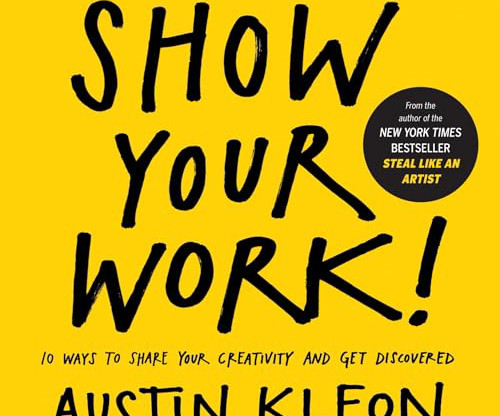Should we all lose faith in UX?
UX Collective
JANUARY 5, 2022
They are, at best, personal opinions of experienced designers/design thinkers with no clear supporting document, background literature, or academic/non-academic references. Considering data (human behavioral data) a raw material of evidence or a fresh start for drawing conclusions is itself a wrong presumption.














Let's personalize your content